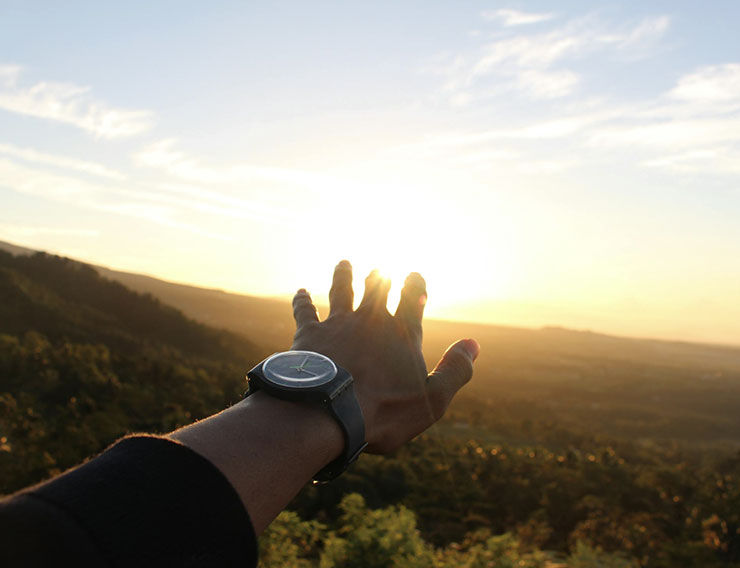Morning Light Exposure: Regulating Your Stress Hormone Rhythm
- Matthew Rozario
- Oct 17, 2025
- 3 min read
For the Pursuit of Wellness by REKOOP

Why Your Morning Matters
The way you start your day sets the tone for everything that follows. While many people reach for coffee as their first reset, science suggests that the most powerful regulator of energy, mood and stress is free, abundant and waiting outside your front door: morning light.
Exposure to natural light in the first hour after waking is one of the most effective ways to anchor your circadian rhythm, balance your stress hormones and prime your body for resilience.
The Cortisol Awakening Response
Each morning, your body releases a surge of cortisol. This is not the “bad” stress hormone it is often made out to be. In the right rhythm, cortisol is a natural wake-up call giving you energy, focus and alertness to take on the day.
The problem arises when this rhythm becomes disrupted. Late nights, artificial light, and irregular schedules flatten the cortisol curve, leaving you groggy in the morning, wired at night and more vulnerable to chronic stress. Morning light exposure helps to reset this cycle, ensuring cortisol peaks at the right time early in the day, when you need it most.
The Science of Light and Hormones
When your eyes are exposed to natural light in the morning, specialised cells in the retina signal to the brain’s suprachiasmatic nucleus (the master clock). This sets off a cascade that tells the body, “It’s daytime.”
The effects include:
Aligning cortisol to rise in the morning, not at night.
Increasing serotonin, which stabilises mood and sets the stage for evening melatonin release.
Regulating core body temperature, digestion and even immune function.
Neuroscientist Andrew Huberman has popularised this concept, often emphasising that just five to ten minutes of natural morning light can make a profound difference to sleep quality, mood stability and resilience.
Five Reasons Morning Light Belongs in Your Wellness Pursuit
Struggling to wake up alert? Light exposure boosts the cortisol awakening response, helping you feel naturally energised.
Burnt out by afternoon? Proper circadian rhythm reduces mid-day crashes and supports steady energy.
Finding it hard to sleep? Morning light anchors melatonin release at night, improving sleep quality.
Mood all over the place? Serotonin production is linked to morning light, giving you more emotional balance.
Travelling across time zones? Light is the most effective way to reset your body clock and reduce jet lag.
How to Use Morning Light
Step outside within the first hour of waking. Even on cloudy days, outdoor light is far more powerful than indoor lighting.
Aim for 5–10 minutes, or up to 20 minutes if the sky is overcast. No sunglasses or windows between you and the light. Pair it with a morning walk, breath practice or coffee ritual to make it consistent.
This is not about sunbathing or UV exposure. It is about sending a signal to your brain that the day has begun — syncing your stress hormone rhythm to nature’s clock.
Why REKOOP Champions Morning Light
At REKOOP, we often talk about precision recovery. Yet recovery is not just what happens inside our clubs. It is also about the daily habits that members carry into their lives. Morning light is one of the simplest, most effective tools you can use to regulate stress and energy, whether you are in Singapore, Sydney or San Francisco.
We encourage our members to see this as part of their wellness protocol. Just as you would train in the sauna, ice or hyperbaric chamber, you can train your brain each morning to wake, regulate and reset through the simple act of stepping outside.
Light the Way to Resilience
Wellness is not built overnight. It is built every morning. By exposing yourself to natural light at the start of your day, you help your body re-establish its natural rhythm, giving you more clarity, more energy and better sleep.
For those in pursuit of wellness, morning light isn’t just a nice-to-have. It is a foundation. And like everything we champion at REKOOP, it is science-backed, practical and powerful in its simplicity.




Comments